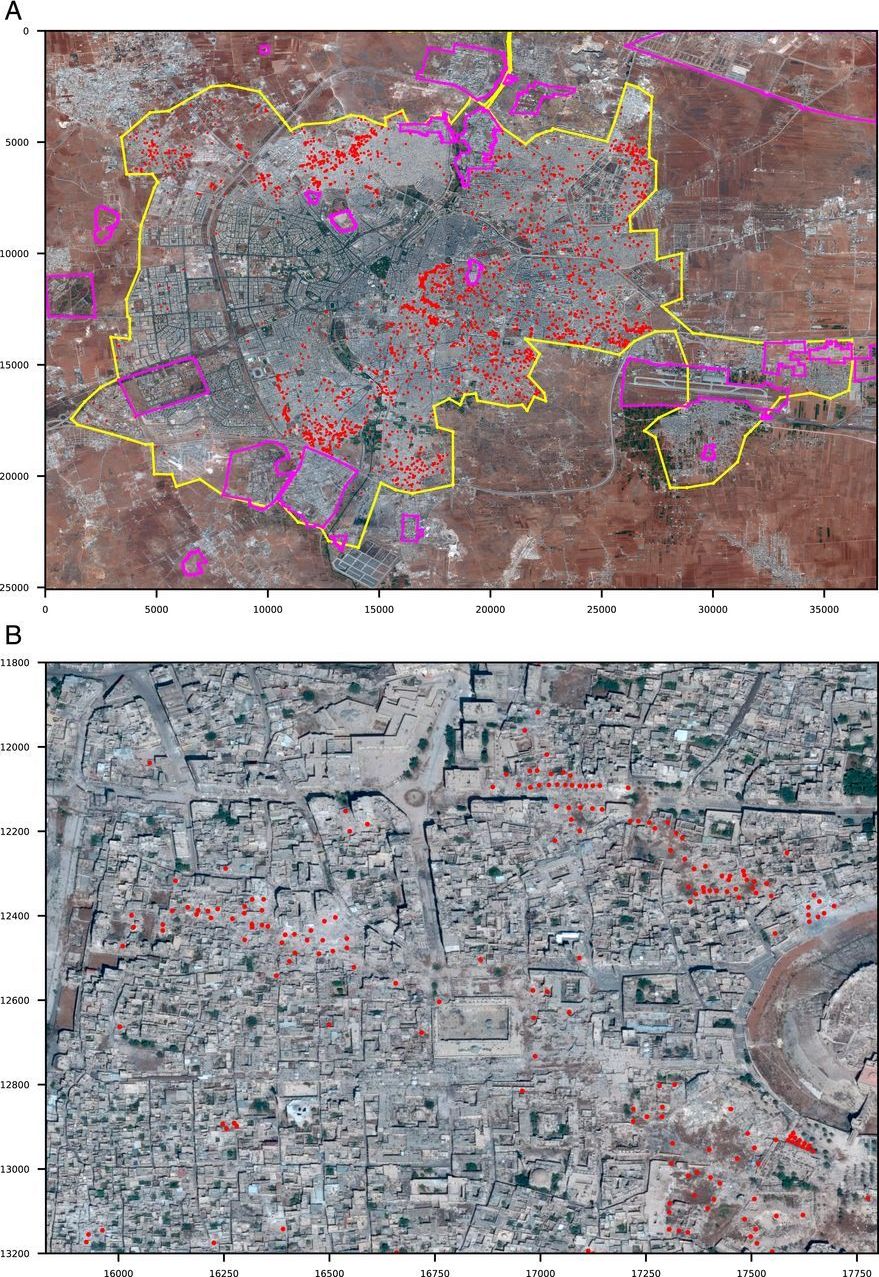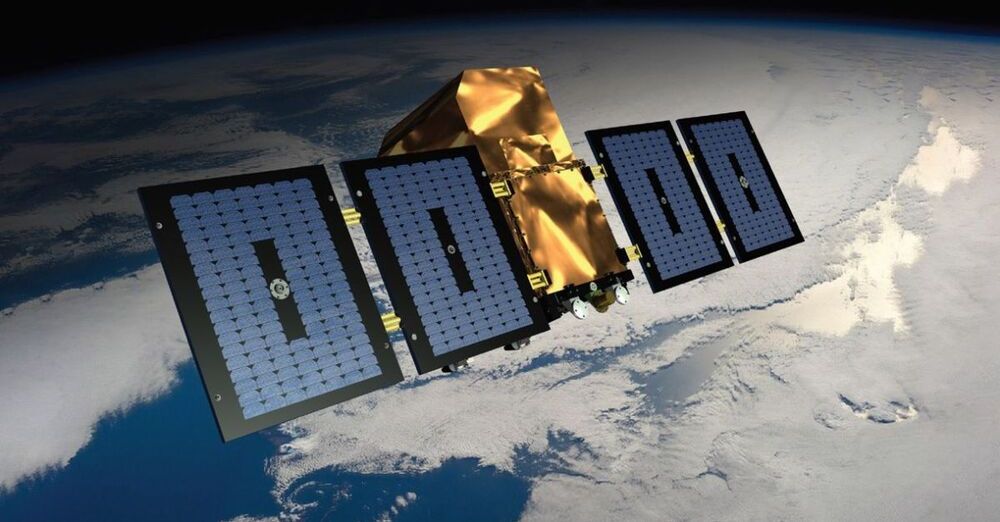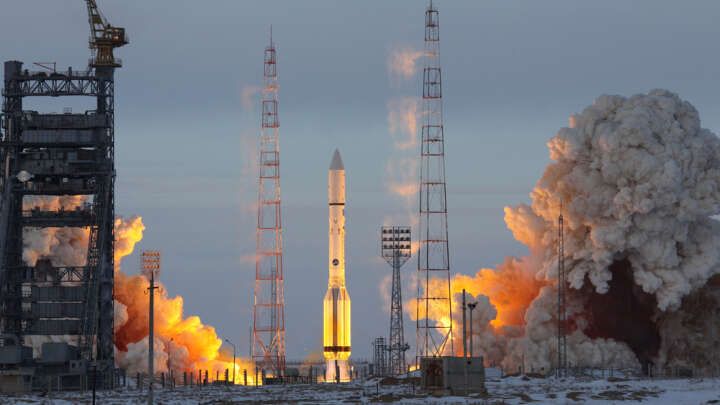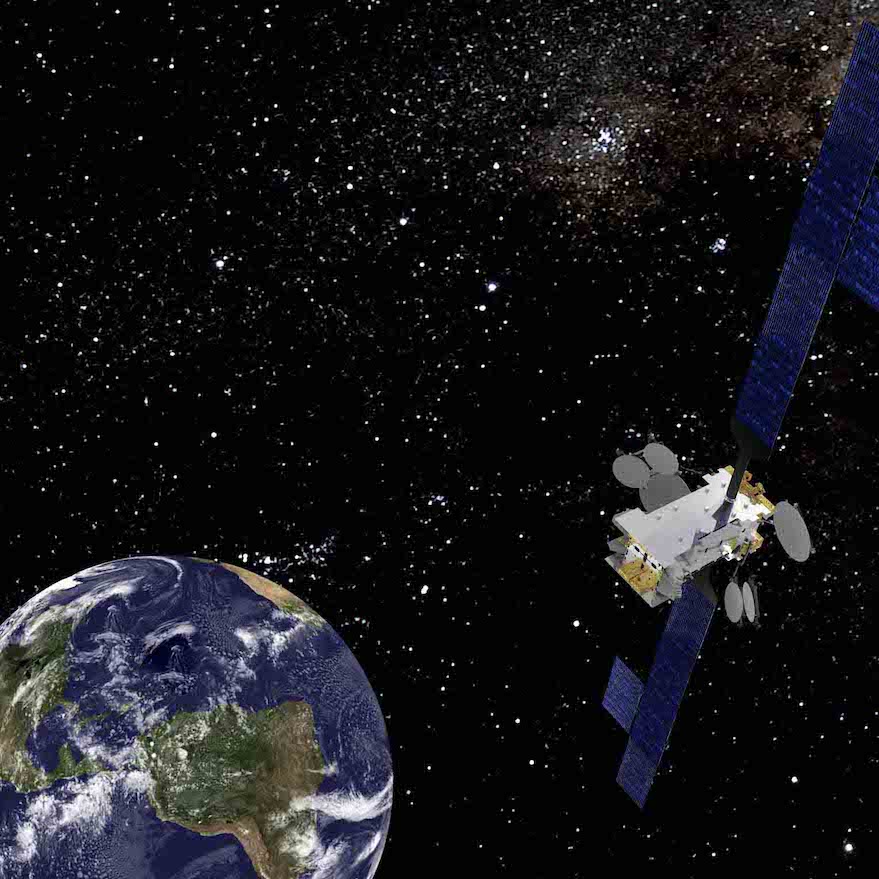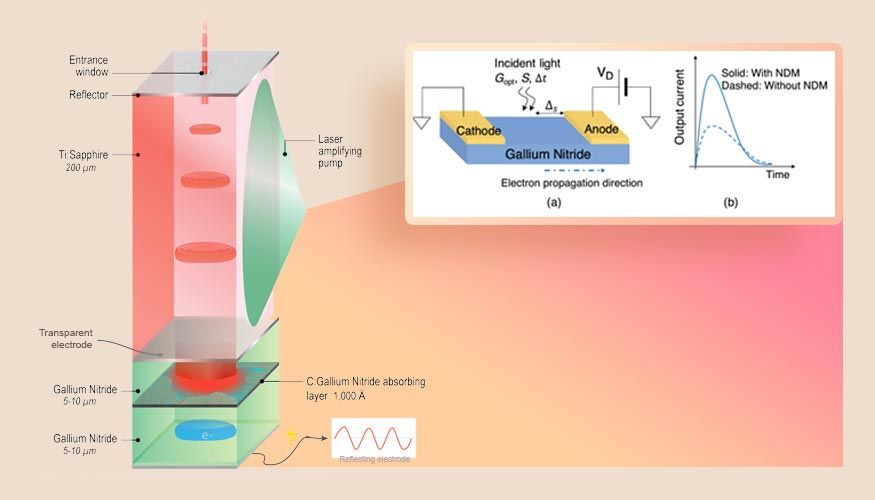Satellite imagery is becoming ubiquitous. Research has demonstrated that artificial intelligence applied to satellite imagery holds promise for automated detection of war-related building destruction. While these results are promising, monitoring in real-world applications requires high precision, especially when destruction is sparse and detecting destroyed buildings is equivalent to looking for a needle in a haystack. We demonstrate that exploiting the persistent nature of building destruction can substantially improve the training of automated destruction monitoring. We also propose an additional machine-learning stage that leverages images of surrounding areas and multiple successive images of the same area, which further improves detection significantly. This will allow real-world applications, and we illustrate this in the context of the Syrian civil war.
Existing data on building destruction in conflict zones rely on eyewitness reports or manual detection, which makes it generally scarce, incomplete, and potentially biased. This lack of reliable data imposes severe limitations for media reporting, humanitarian relief efforts, human-rights monitoring, reconstruction initiatives, and academic studies of violent conflict. This article introduces an automated method of measuring destruction in high-resolution satellite images using deep-learning techniques combined with label augmentation and spatial and temporal smoothing, which exploit the underlying spatial and temporal structure of destruction. As a proof of concept, we apply this method to the Syrian civil war and reconstruct the evolution of damage in major cities across the country. Our approach allows generating destruction data with unprecedented scope, resolution, and frequency—and makes use of the ever-higher frequency at which satellite imagery becomes available.
